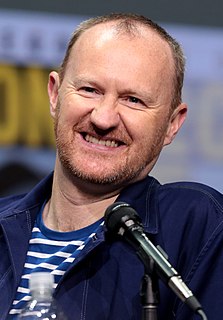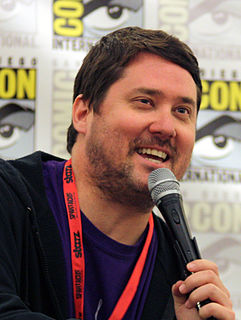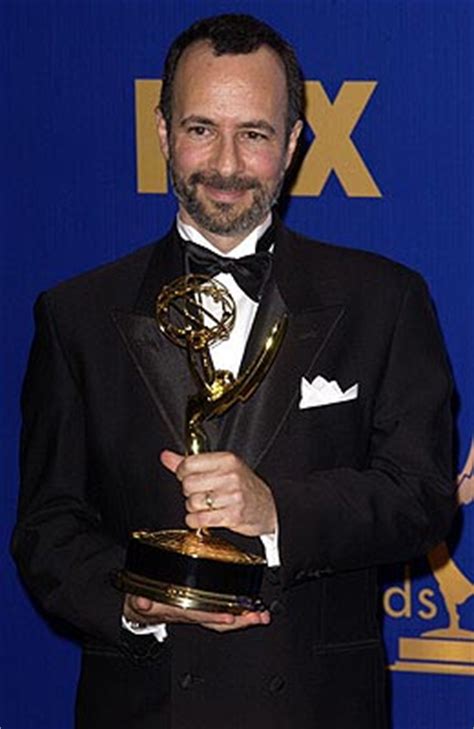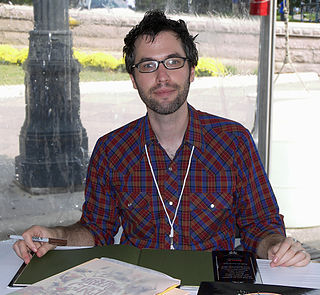A Quote by Jerry Brown
The corporation is an out-of-control Frankenstein.
Quote Topics
Related Quotes
At the time, I didn't know why, but I know now that when I was a little boy, I was scared to death of the Frankenstein films ... and in all these years later, I wanted it to come out with a happy ending, and I think it was my fear of the Frankenstein movies when I was 8 and 9 and 10 years old that made me want to write that story [Young Frankenstein].
My parents took me to that I think is just one of those near-perfect comedies is Young Frankenstein. Gene Wilder and Mel Brooks, they're at the height of their game. The two of them working together was amazing. Yeah, just a terrific story. You get emotionally involved. Jokes all the time, jokes that come from story. Like, they don't have to go wildly out of their way to make the jokes. It's a parody of Frankenstein movies, but also it stands as one of the great ones, one of the great Frankenstein movies.
First of all, a giant corporation probably shouldn't be being hacked by teenagers. I put that on the corporation, not the teenagers. Teenagers are going to do what teenagers are going to do - rebelling. But if they're able to hack a big corporation, that seems like the corporation should be better at security.
It cannot be said that the Constitution formed 'the people of the United States,' for all time, into a corporation. It does not speak of 'the people' as a corporation, but as individuals. A corporation does not describe itself as 'we,' nor as 'people,' nor as 'ourselves.' Nor does a corporation, in legal language, have any 'posterity.'
Frankenstein took some flesh and bones and blood and made a man out of them; the man ran away and fell to raping and robbing and murdering everywhere, and Frankenstein was horrified and in despair, and said, I made him, without asking his consent, and it makes me responsible for every crime he commits. I am the criminal, he is innocent.
Every farmer must go to the seed industry every year to buy their seed and pay an 80 percent royalty to a corporation. Over-the-fence exchanges have started to be treated as crimes. Or, if you need a biological pest control, you can no longer use the need seed in your back yard. Instead you have to depend on the Grace Corporation or some other entity. That kind of dependency basically leads to increased poverty and increased ecological destruction.
Capitalism is a system in which the central institutions of society are, in principle, under autocratic control. Thus, a corporation or an industry is, if we were to think of it in political terms, fascist, that is, it has tight control at the top and strict obedience has to be established at every level. [...] Just as I'm opposed to political fascism, I am opposed to economic fascism. I think that until the major institutions of society are under the popular control of participants and communities, it's pointless to talk about democracy.


































